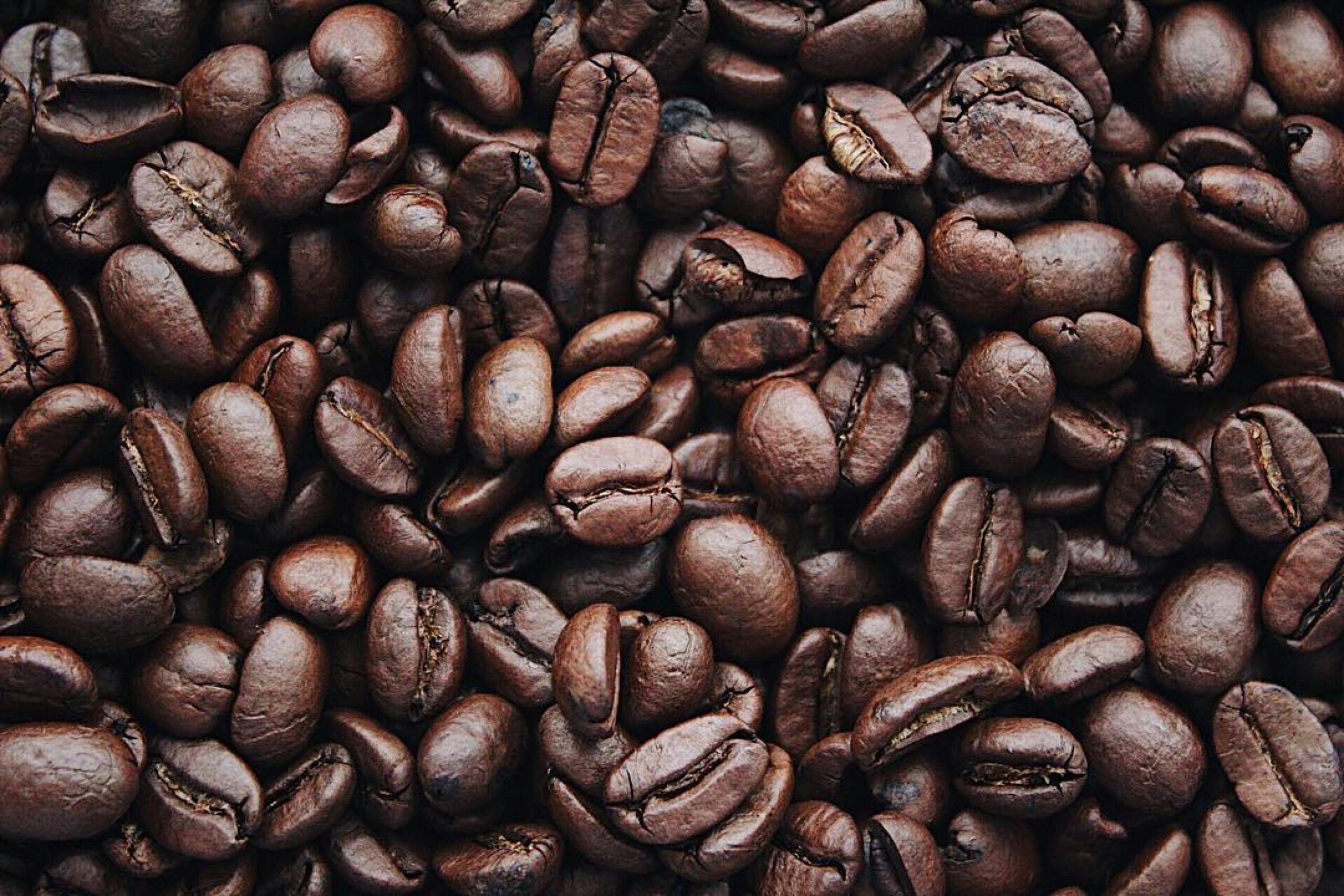
Did you know that Brazil is a global leader in Halal product exports, serving over 1.9 billion Muslim consumers? With a solid track record of expansion and internationally recognized certifications, Brazil stands out as a top supplier of Halal-certified proteins, oils, coffee, and other food products across the world. In this article, we’ll introduce the 10 largest Brazilian companies dominating this strategic and fast-growing market.
Contents
Products: Halal chicken, and processed meats
Export Volume: Approx. 700,000 tons of Halal chicken in 2020 (BRF alone), plus 300,000 tons of beef via Marfrig, totaling around 1 million tons
Main Destinations: Gulf countries (UAE, Saudi Arabia), Europe, Asia
Highlights: 18 out of 38 production plants are Halal-dedicated, all with international certification
Products: Halal beef
Export Volume: Approx. 250,000 tons in 2020
Markets: OIC countries and other international markets
Products: Halal beef, chicken
Export Volume: Not publicly disclosed, but JBS is the largest meat processor globally, exporting to over 180 countries
Destinations: Middle East, Africa, Asia
Products: Fresh and frozen Halal beef
Export Volume: Leading beef exporter in South America, supplying over 100 countries
Markets: Europe, Middle East, Asia
Products: Fresh and processed Halal chicken
Export Volume: Over 160,000 tons per month to 130+ countries
Destinations: Europe, Middle East, Asia-Pacific
Products: Halal canned meats and processed foods
Export Volume: Around 15% of Brazil’s Halal meat exports, with nearly 18 shipments annually
Markets: Especially strong in the Middle East
Products: Halal pasta, oils, coffee, cookies
Export Volume: Present in over 40 countries, with a growing focus on the Gulf market
Markets: Gulf region and Europe
Products: Halal-certified fruits, pulps, and honey
Export Volume: Emerging exporters supported by the “Halal Brazil” program
Markets: UAE, Southeast Asia, North Africa

Discover the 300 largest Halal suppliers in Brazil now – updated data, direct contacts and confirmed certifications!”
Download the complete list and start importing safely and confidently today.
Products: Whole-bean and ground Halal coffee
Export Volume: Represent part of the US$3.61 billion in Halal exports from Jan–Sep 2024
Markets: Japan, China, Kuwait, GCC countries
Products: Bulk-certified food commodities
Export Volume: Also part of the US$3.61 billion in Halal-certified exports (Jan–Sep 2024)
Markets: Saudi Arabia, China, UAE, Japan, North Africa
Although the supply is concentrated in food, there are pharmaceuticals, cosmetics, textiles and a variety of products produced within Halal precepts. This can be largely verified in the List of Exporters of Halal products.
Global Reach: These companies ship to over 150 countries, including key OIC markets
Government Support: The Halal Brazil project (ApexBrasil + ABCC) currently supports 124 companies, entering 9 new markets by 2025
Strong Certifications: All production follows strict Halal requirements, with audits conducted by organizations like Fambras and CDial Halal
From January to September 2024, Halal Brazil-supported companies exported US$3.61 billion in Halal goods — up 20.5% compared to the previous year.
In 2022, Brazil’s Halal meat sector alone exported over US$8 billion, mainly to Africa and Asia.
Middle East: UAE, Saudi Arabia, Kuwait
Asia: China, Japan, Southeast Asia
Africa: Northern African countries (Algeria, Egypt, Morocco)
Others: Russia, Turkey, European Union
Brazil plays a leading role in the global Halal trade, particularly in protein exports, but also increasingly in commodities, beverages, and processed foods. These 10 companies represent the cutting edge of Halal-certified production in Brazil — offering scale, certification, and global logistics for buyers in Islamic and OIC markets. If you’re sourcing Halal products, this is your trusted starting point.
What is a Halal product?
Halal products are those permitted under Islamic law, including meat, processed foods, and beverages, produced under specific certification and slaughtering standards.
How does Halal certification work in Brazil?
Brazilian companies work with accredited agencies (like Fambras and CDial), maintain segregated production lines, and pass regular audits to receive Halal certification.
Why import Halal food from Brazil?
Brazil offers large-scale production, globally recognized Halal standards, competitive pricing, and government-supported trade programs.
What are the advantages of using Brazilian Halal suppliers?
Brazilian suppliers combine world-class infrastructure with Halal expertise — making them ideal partners for Islamic markets that demand consistency, quality, and traceability.
Discover the 300 largest Halal suppliers in Brazil now – updated data, direct contacts and confirmed certifications!”
Download the complete list and start importing safely and confidently today.
Halal: Arabic term meaning “permissible” under Islamic law
OIC: Organization of Islamic Cooperation (57 member countries)
ApexBrasil: Brazilian Trade and Investment Promotion Agency
ABCC: Arab-Brazilian Chamber of Commerce
Fambras/CDial: Internationally recognized Halal certifiers in Brazil
Mello Commodity publishes educational articles that aim to guide importers of agricultural commodities on: Brazilian crops, market information, prices, scams, etc.
Some articles may contain affiliate links that provide access to several SUPPLIER GUIDES for Brazilian agricultural commodities. The commission paid to the Mello Commodity team is used to cover production costs and will not impact the cost of acquiring the material.
If you are interested in negotiating the direct import of sugar, soybeans or yellow corn, simply click on the Quotation menu and send us your order details.

Brazilian, graduated in Marketing, Specialist in Service Management and Strategic Communication.
Important International Negotiator in the commercialization of Brazilian agricultural commodities such as: Sugar, Soybeans and Corn.
Owner of Mello Commdity, she has gained great prominence on the internet in recent years by promoting educational articles for importers of Brazilian agricultural commodities.
 Secure Payment Methods When Importing Agricultural Commodities from Brazil
Secure Payment Methods When Importing Agricultural Commodities from Brazil How to Import Green Coffee Beans?
How to Import Green Coffee Beans? How to Verify the Reliability of a Commodity Supplier in Brazil
How to Verify the Reliability of a Commodity Supplier in Brazil